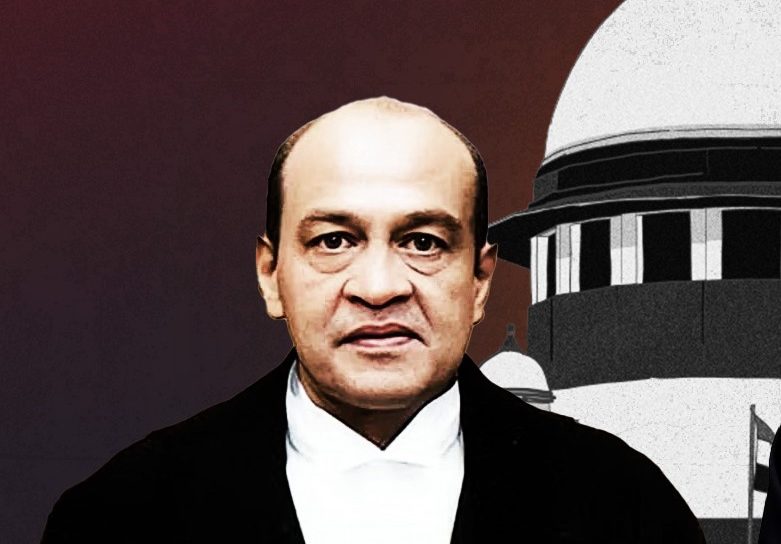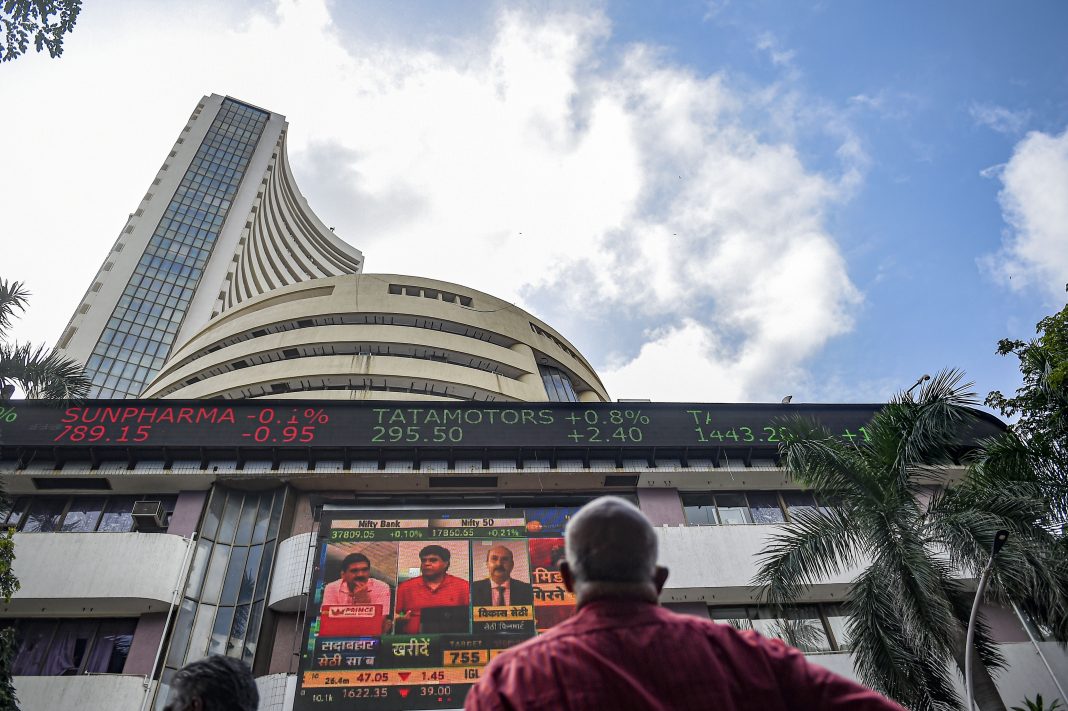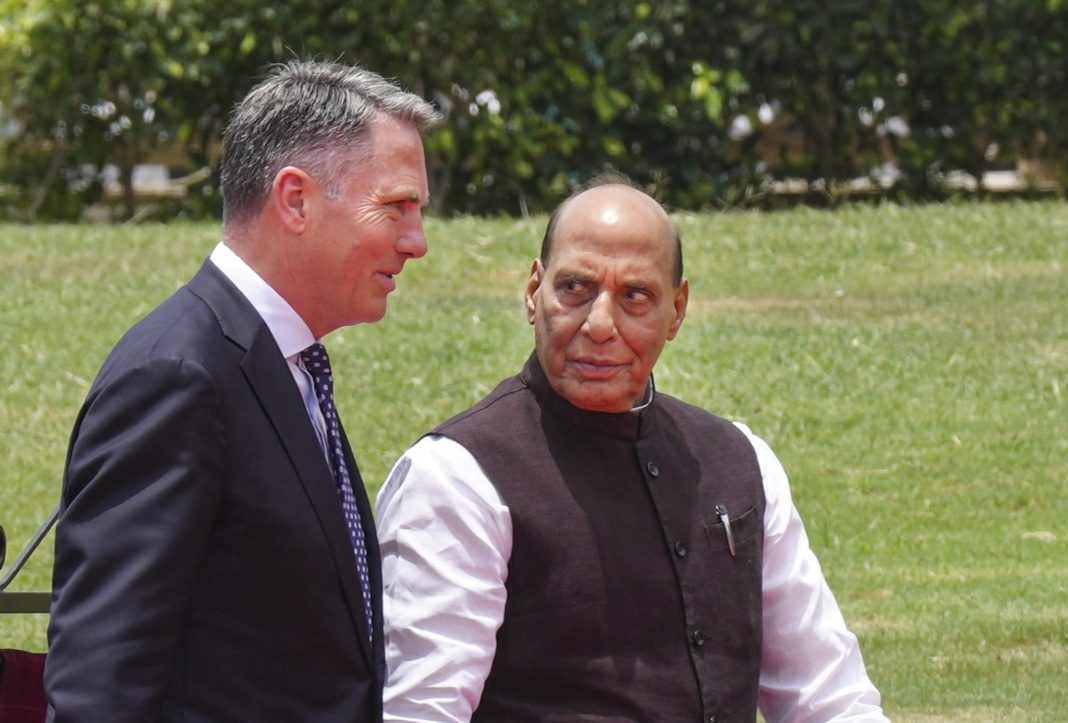
New Delhi, Jun 4: Union Parliamentary Affairs Minister Kiren Rijiju on Wednesday underlined the government’s resolve to take all political parties on board in moving an impeachment motion against Justice Yashwant Varma, saying corruption in the judiciary cannot be approached through a “political prism”.

He said the government wants the exercise aimed at axing Justice Varma, embroiled in a case of alleged corruption and indicted by a Supreme Court-appointed committee, a “collaborative effort”.
Rijiju told reporters here that he has already initiated discussions with all political parties to bring the motion in Parliament’s Monsoon session, starting from July 21, against the Allahabad High Court judge.
He said the government wants all parties to “jointly” move the motion to remove Justice Varma.
Rijiju said he will reach out to smaller parties, while all major parties have already been informed about the plan to bring a motion of impeachment against Justice Varma.
“The government feels that the matter related to corruption is not one political party’s agenda. It is a stand of all parties to fight against the menace of corruption, whether it is the judiciary or any other space,” he said.
The minister underlined that the government would like to take all political parties on board on the issue as corruption in the judiciary cannot be approached through a “political prism”.
He said most parties will revert after discussing the issue internally.
To a query, Rijiju said the decision on whether the motion will be brought in the Lok Sabha or the Rajya Sabha will be taken based on the business of each House.
According to the Judges (Inquiry) Act of 1968, once a motion to remove a judge is admitted in any of the Houses, the speaker or the chairman, as the case may be, will constitute a three-member committee to investigate the grounds on which the removal (or, in popular term, impeachment) has been sought.
The committee consists of the chief justice of India (CJI) or a Supreme Court judge, the chief justice of one of the 25 high courts and a ” distinguished jurist”.
Rijiju said the present case is “slightly different” as an in-house committee formed by then CJI Sanjiv Khanna has already submitted its report.
“So what is to be done in this matter, we will take a call,” he said.
The minister said the process has to be followed, but how to “integrate the inquiry already conducted” needs to be decided.
“As per the rule, a committee has to be constituted and then the committee has to submit a report and the report will be tabled in the House and discussions will start to impeach. Here, a committee has already been constituted, not by Parliament. But it cannot be brushed aside” as it was constituted by the CJI, he said.
Responding to questions that a committee has to be mandatorily formed under the Judges (Inquiry) Act, Rijiju said the speaker will take a decision in this regard.
He said reconciling the report of the in-house panel and the one under law is a “secondary matter”. The primary objective is to bring the impeachment motion.
Rijiju hoped that the removal proceedings will be passed in the two Houses in the Monsoon session beginning July 21 and ending August 12.
A fire incident at Justice Varma’s residence in the national capital in March, when he was a judge at the Delhi High Court, had led to the discovery of several burnt sacks of cash at the outhouse.
Though the judge claimed ignorance about the cash, the Supreme Court-appointed committee indicted him after speaking to a number of witnesses and recording his statement.
The then CJI Khanna is believed to have prodded him to resign but Justice Varma dug in his heels. The apex court has since transferred him to his parent cadre, the Allahabad High Court, where he has not been assigned any judicial work.

Justice Khanna had written to the president and the prime minister, recommending the impeachment motion, which is the procedure for axing members of the higher judiciary from service. (PTI)





